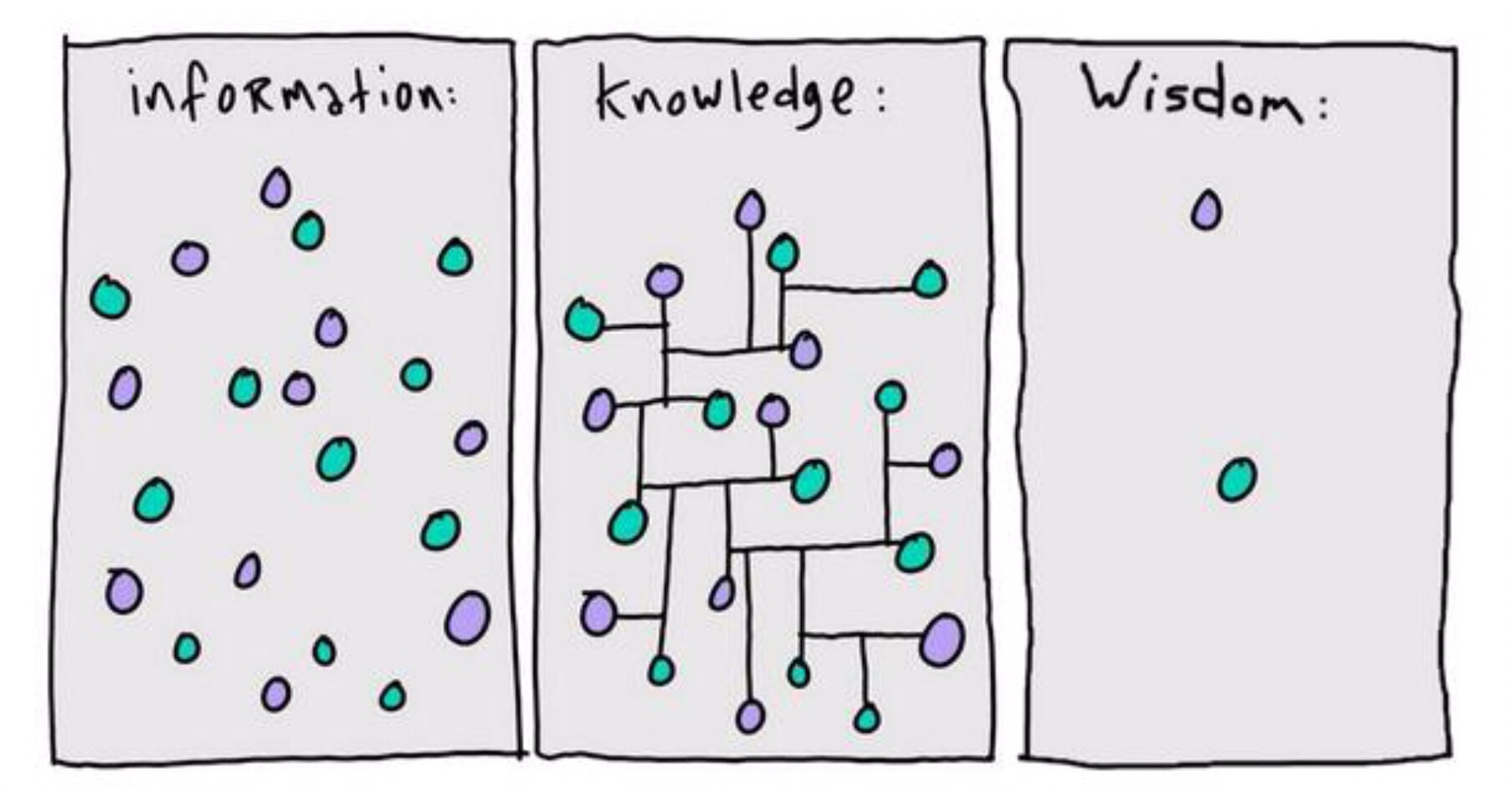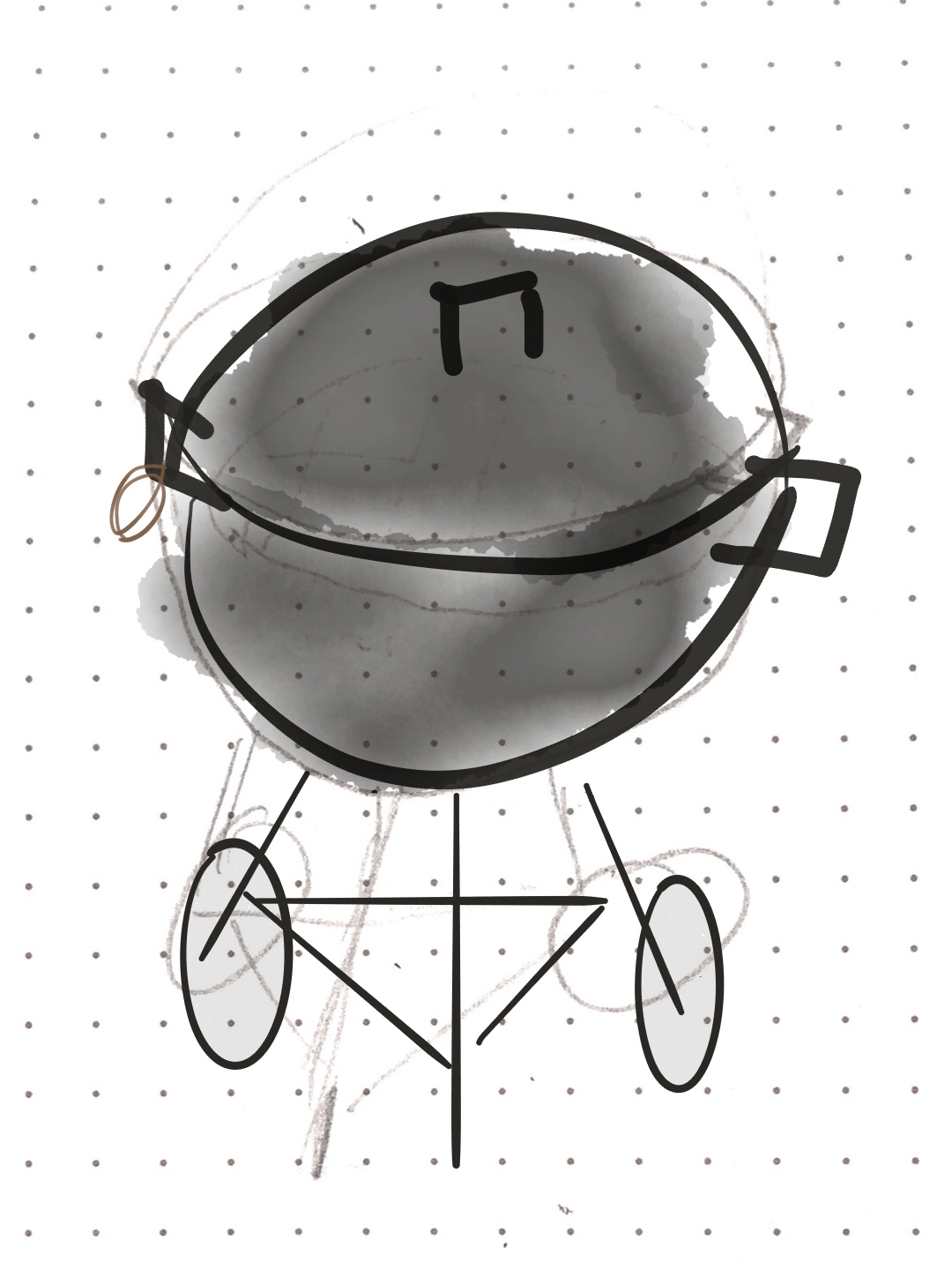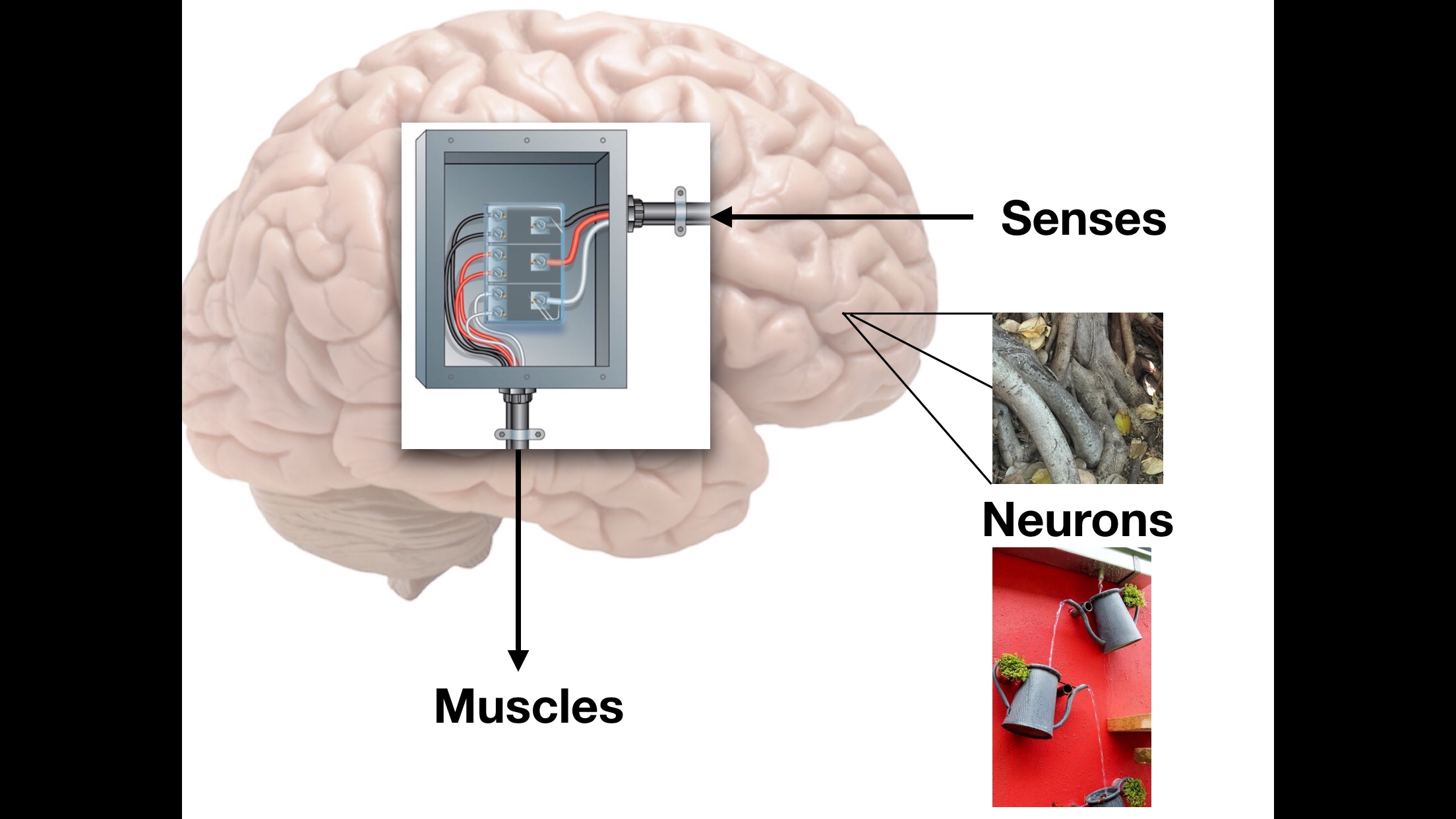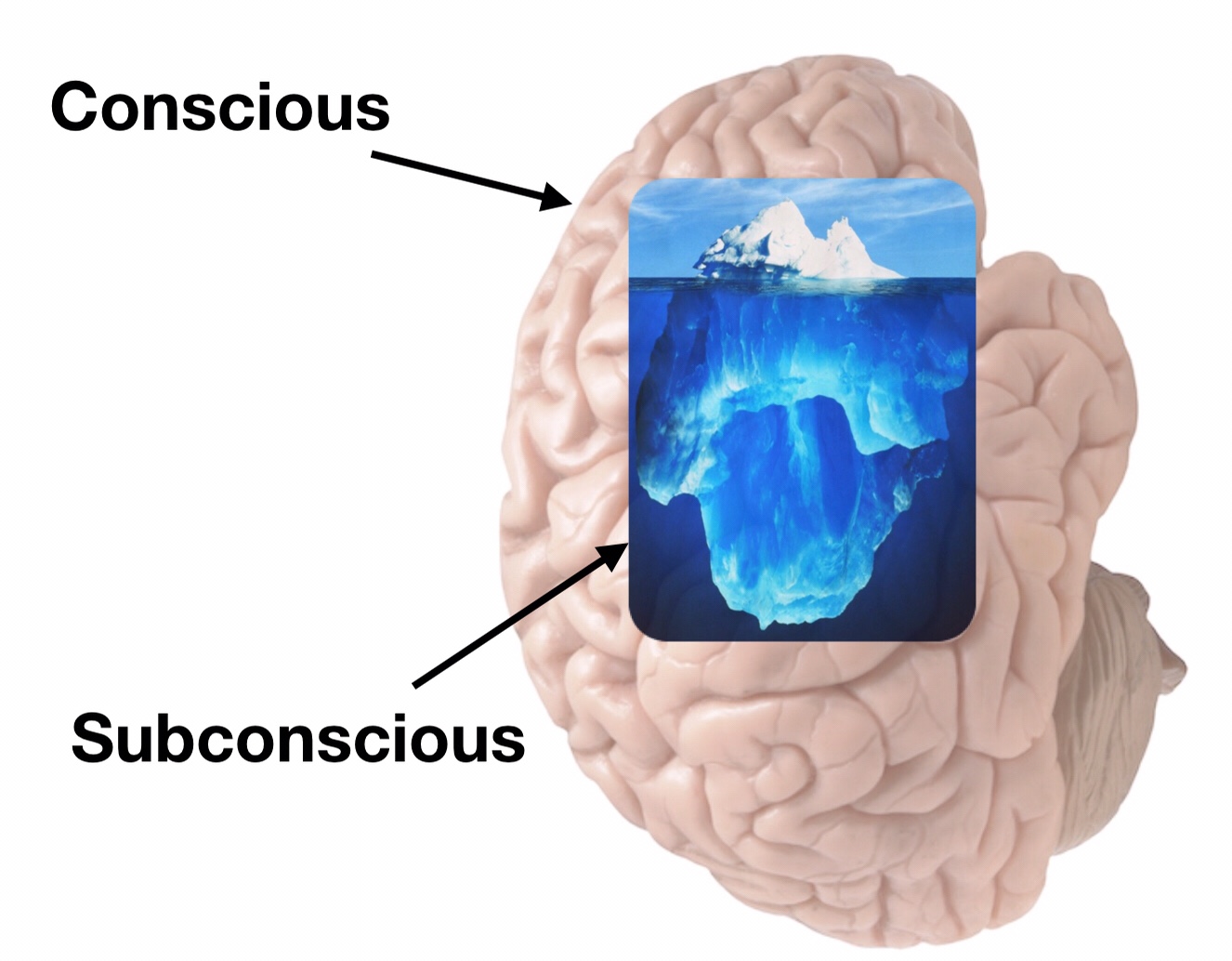Monthly Income
Lifehacker – How to Measure Debt to Income Ratio
https://twocents.lifehacker.com/why-your-debt-to-income-ratio-matters-and-how-to-find-1822393275
“DTI ratio is a simple formula. Divide your monthly debt obligations divided by your gross monthly income, and multiply that number times 100,” says Lowry, who partnered with Turbo.
When you’re applying for a mortgage, be aware of something called your household ratio in addition to your DTI ratio (which can also be referred to as your back-end ratio.) Your household ratio is the amount of your home-related expenses (including property tax, prospective mortgage, insurance, etc.) divided by your monthly income.
“If your front-end DTI is below 28%, that’s great. If your back-end DTI is below 36%, that’s even better.”
Ideally, you want to keep your DTI at 36% or less,
Fast Company – Managing Money in the Gig Economy
https://www.fastcompany.com/40520552/how-to-manage-your-money-in-the-gig-economy
My favorite tip is the 50-20-30 rule. Here’s how it works: 50% or less of your spending should be on your critical essentials. Roof over your head, groceries, utility bills, transportation to and from work, and any health expenses that you have to pay. That helps you right-size how much your rent can be. Next, 20% goes toward the future—saving for retirement, saving for kids. Finally, 30% or less is your lifestyle. That’s going out, Zara, exercise, travel. That’s a really good litmus test. If I see your budget and I see your rent is 60% of what you make, it’s the clearest sign possible that you’re not going to be financially fit.
we recommend that you put your money automatically into a bank account and retrofit a standard paycheck to yourself [using your projected income as a guide].
The bare minimum, you need to do what I call the monopoly test and pass basic financial security. First, you have to have no credit card debt. If God forbid something goes really wrong, it will grow very quickly. Second, you need to be contributing to retirement and have some way of making sure your retirement does not go to zero. And third, and most important, you have to have an emergency savings account. We don’t want you to be leaning on credit cards to finance your life
Always think about your taxes proactively. Take out the max, depending on your zip code, and put it in a different account. That’s where we find people get flat-footed.
I like to call it your “jobby,” your hobby job. What we’re seeing with millennials is a growing jobby economy, whether it’s teaching makeup or guitar lessons. You have teams of millennials who are augmenting their full-time job. The No. 1 thing millennials want is to save for is a vacation. The No. 2 thing is to pay off their student loans faster.
I’d prefer if your savings bucket was 25% or more. That said, even getting people to 20% is really hard.






